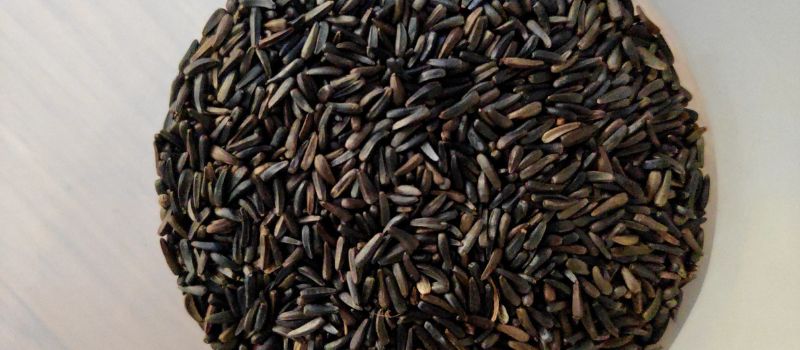Introduction
Our client was in quite a predicament when the USDA tried to label his bait as “illegal” for import to the U.S. The problem is that the USDA did not recognize that boiling niger seed was actually the acceptable form of treatment that would otherwise make the bait legal.
Background
- Respondent (our client) is the importer of fishing bait containing Guizotia abyssinica, hereinafter referred to as niger seed.
- Such bait is produced in the form of dough that is cooked with less than 1% niger seed.
- Niger seed is present in the bait.
- The niger seed is treated prior to being imported from Europe.
- The treatment of the niger seed is performed by way of boiling.
- Boiling the seed is an acceptable form of treatment by the USDA.

Count 1: USDA Complaint
The USDA complains that Respondent has violated the Acts specified under 9 C.F.R. § 95.4 and 122 by importing fishing bait and aquaculture products containing regulated articles from shipper Dynamite Baits Limited in violation of the permit to import such regulated articles.
Respondent contends that the USDA inappropriately applied laws regarding the import of its product.
Answer
9 C.F.R. §§ 95.4 and 122 refer to animal products and animal by-products. This law is inapplicable to Guizotia abyssinica (niger seed).
The applicable law is 7 C.F.R. § 360.400, which states that there are two exceptions that may allow niger seed to be imported into the United States. Our case falls into the second exception:
Applicable Law: § 360.400 Treatments

Seeds of Guizotia abyssinica (niger seed) are commonly contaminated with noxious weed seeds listed in § 360.200, including (but not limited to) Cuscuta spp. Therefore, Guizotia abyssinica seeds may be imported into the United States only if:
- They are treated in accordance with part 305 of this chapter at the time of arrival at the port of first arrival in the United States; or
- They are treated prior to shipment to the United States at a facility that is approved by APHIS and that operates in compliance with a written agreement between the treatment facility owner and the plant protection service of the exporting country, in which the treatment facility owner agrees to comply with the provisions of § 319.37-6 and allow inspectors and representatives of the plant protection service of the exporting country access to the treatment facility as necessary to monitor compliance with the regulations. Treatments must be certified in accordance with the conditions described in § 319.37-13(c) of this chapter.
Discussion
Respondent falls under § 360.400(a)(2). Exhibit A clearly shows that the niger seed was treated by an approved APHIS facility. The approved treatment method of boiling, under 7 C.F.R. 305, qualifies this as a safe product to import to the U.S.
- The niger seed is fully boiled with dough to create a final product used as bait called a boilee.
- Furthermore, there is no animal extract or live bait being imported from Europe.
Frequently Asked Questions
What is niger seed and why is it regulated by the USDA?
Niger seed, scientifically known as Guizotia abyssinica, is a type of seed often used in bird feed and bait. The USDA regulates it because it can be contaminated with noxious weed seeds like Cuscuta spp., which pose a threat to U.S. agriculture.
Why did the USDA initially label the bait as illegal?
The USDA deemed the bait illegal because it misunderstood the treatment method. Although the niger seed was boiled, a USDA-approved treatment the agency believed the product violated animal by-product regulations, which are not applicable in this case.
Which regulation actually governs the import of niger seed?
The correct regulation is 7 C.F.R. § 360.400, which allows for the import of niger seed if it has been treated at an approved facility in accordance with USDA standards, such as boiling under 7 C.F.R. 305.
Is boiling an acceptable treatment method for niger seed?
Yes. Boiling is specifically recognized under USDA guidelines as an approved method for treating niger seed to eliminate noxious weed contamination, making it compliant for import.
What was the outcome of the dispute with the USDA?
The respondent demonstrated that the bait was compliant under 7 C.F.R. § 360.400(a)(2), with documentation showing treatment by an APHIS-approved facility. The USDA’s reference to animal product laws was found inapplicable, strengthening the importer’s case.

